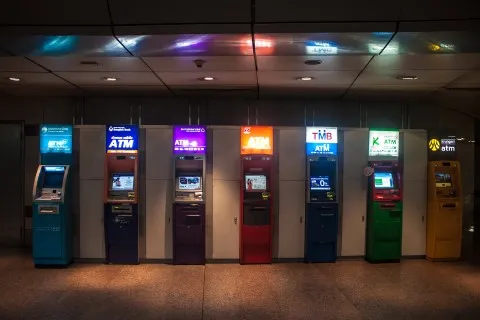
APAC banks to face rising bad loans, shrinking margins in 2020: Moody's
Rising credit provisions amidst falling interest rates will add pressure to banks’ profits.
Asia Pacific banks’ face a negative outlook in 2020 with the number of problem loans projected to increase whilst profits are likely to further erode, according to Moody’s Investors Service.
The ongoing regional trade tensions remains a key risk for APAC banks, particularly due to its spillover effects on economic activity, trade and investor confidence in the region. As a result, a moderate increase in problem loans may be seen, said Eugene Tarzimanov, a Moody’s vice president and senior credit office.
"Meanwhile, the banks' profitability will fall, because they are raising credit provisions whilst central banks are cutting interest rates to support economic growth," he added.
The ongoing digitisation of APAC banks will also weigh in on their margins, the report stated.
“Large investments in technology will remain a drag on profitability in the near to medium term. [But] write-backs of credit provisions will moderately shore up profitability in some markets, such as India,” the report noted.
Elevated property prices also remain a key risk for many banking systems in APAC, due to rapid price appreciation in recent years.
“Despite the cooling of price growth in some markets in recent years, lower interest rates in APAC can lead to a renewed surge in property prices, which would be credit negative for banks,” the report read.
Loans for real estate investment pose a greater risk for banks located in Australia, New Zealand and Malaysia, the report added. Meanwhile, Indian banks are exposed to the risk of developer financing.
However, a handful of banking systems are projected to post lower problem loan ratios, as banks gradually clean up legacy problem loans. Further, coverage of loan loss reserves against problem loans is generally strong in APAC, with the weighted average for rated banks at 150%.
In addition, most systems have adopted IFRS 9 accounting standards, with a limited impact on banks’ capital and earnings. Amongst the markets which have yet to implement IFRS 9 (and thus still await the change’s impact) are , India, Indonesia and Thailand.
Nevertheless, Moody's said that APAC banks have generally maintained good capital and liquidity buffers and the probability of government support for these banks remain high. The exception are banks in Hong Kong, because the territory is “the only jurisdiction in APAC with an operational resolution regime,” noted Moody’s.
Most APAC banking systems also passed Moody's stress test on capital, except for the banks in India, Mongolia, Sri Lanka and Vietnam. This was attributed to banks in these jurisdictions having lower starting capital ratios and higher starting problem loan ratios.













 Advertise
Advertise










